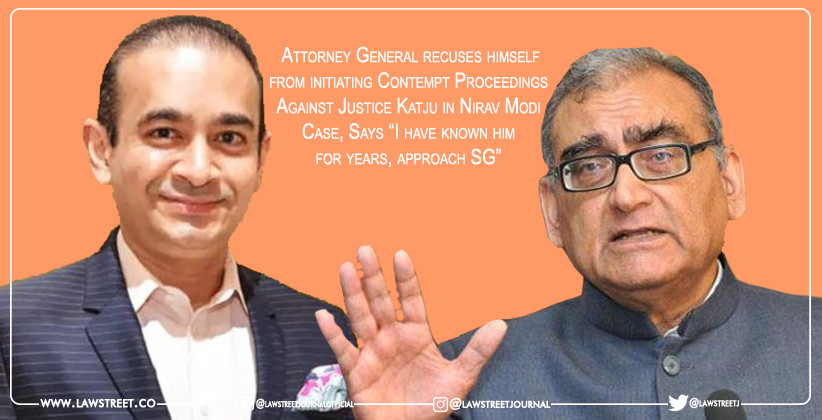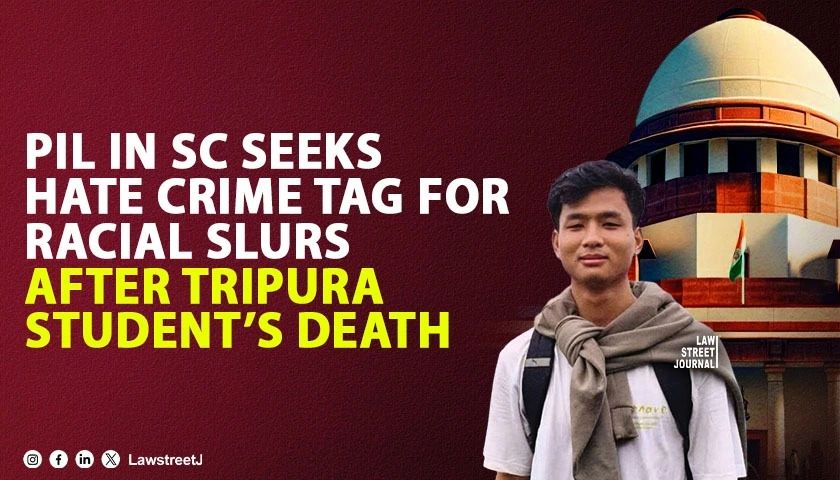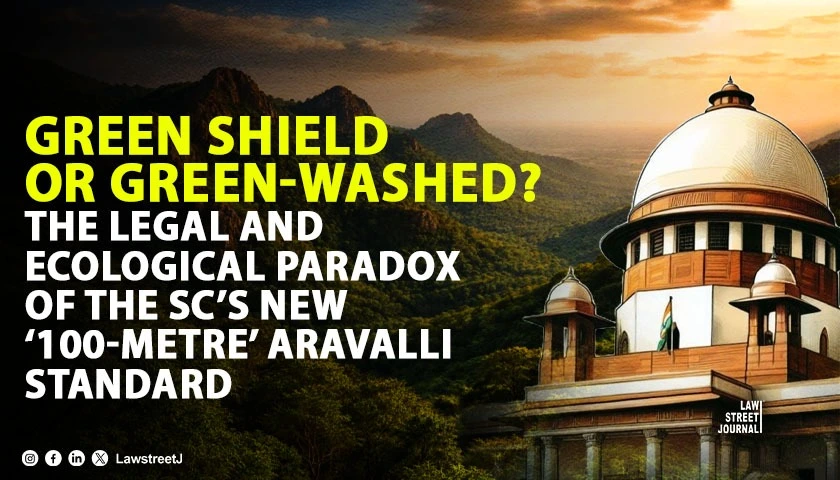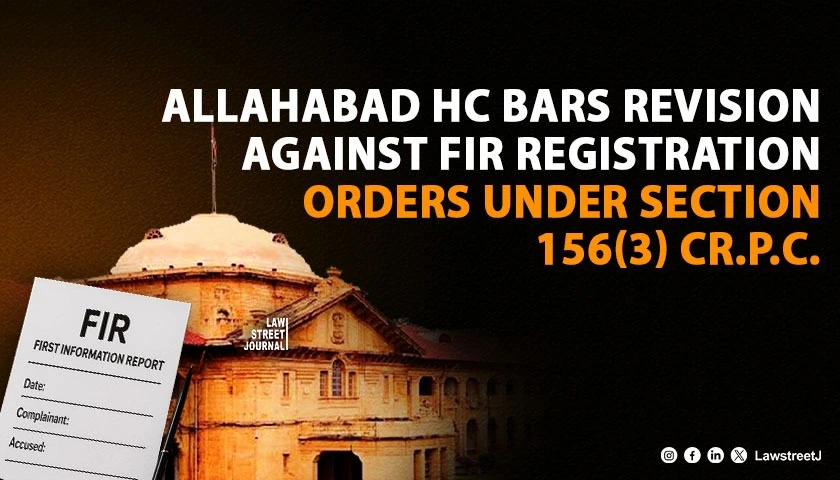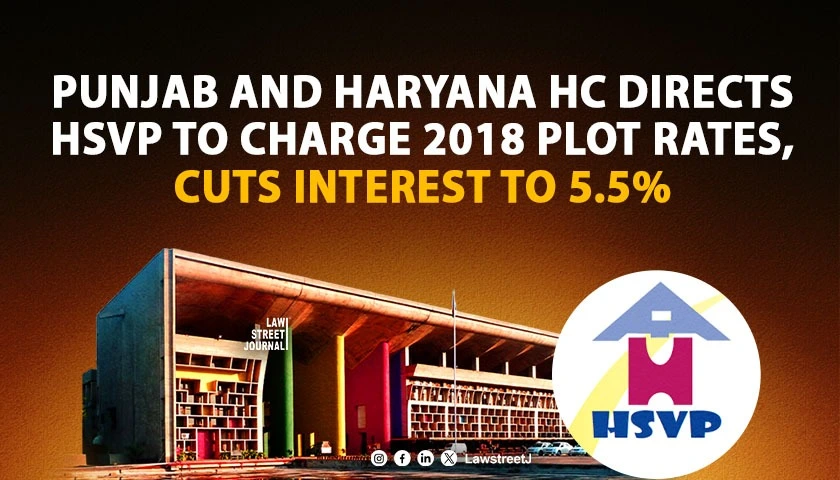KK Venugopalan, the Attorney General of India was supposed to grant consent in order to initiate proceedings of criminal contempt against Justice Markandey katju, former Supreme Court judge for allegedly making contemptuous remarks in the Nirav Modi Extradition Case. However, the AG recused himself.
He went on to say that it might not be appropriate for him to take an action in this matter as he has known Justice Katju for over sixteen years.
Therefore, he asked the Applicant, Alakh Alok Srivastava to approach the Solicitor General of India to seek his consent, that can be done under Sec 15(3), Contempt of Courts Act, 1971.
He said:
"I have gone through your application for consent to initiate proceedings for criminal contempt against Justice (retd.) Markandey Katju. I have to point out that I have known Justice Katju for the last about 16 years and we have been interacting with each other ever since. In this background it is not appropriate that I deal with the matter.
I am bringing to your notice Explanation (a) to Section 15(3) which empowers either the Attorney General or the Solicitor General of India to grant cosent for initiating criminal contempt proceedings if deemed fit. If so advised, you may file your application for consent before the Solicitor General of India, Sh Tushar Mehta.
Earlier this month, Srivastava wrote to the AG explaining how Justicfe Katju had scandalised the Supreme Court of India when he stated before a UK Court that the institution has practically surrendered before the Indian Government.
He further alleged that making such statements disregards the authority of the Indian Supreme Court before a court in the UK along within maligning the reputation of administration of justice in India.
The matter is based on Justice Katju allegedly saying in a district court in UK pertaining to the Nirav Modi Extradition case, that the Indian Courts have become politicised.
In his letter, Srivastava made reference to the judgement of a UK District Court that went on to reject the challenge by fugitive Nirav Modi
Along with this, it is to be noted that the said order states that Justice Katju submitted, that in recent years the Supreme Court in India has "practically surrendered before the Indian Government and is doing its bidding and is not acting as an independent organ of the state protecting the rights of the people as it was supposed to be" and in his view the "Indian judiciary has largely surrendered before the political executive".
It has further been stated in the order as follows:
"He gives example of a case heard by the Supreme Court which in his view have been perversely decided and the Chief Justice was "simply doing the bidding of the Indian Government. He has been rewarded as a quid pro quo by being nominated as a member of Parliament after retirement.
Lastly, Srivastava also explained that these statements could be detrimental to the dignity and authority of the Chief Justice of India.

